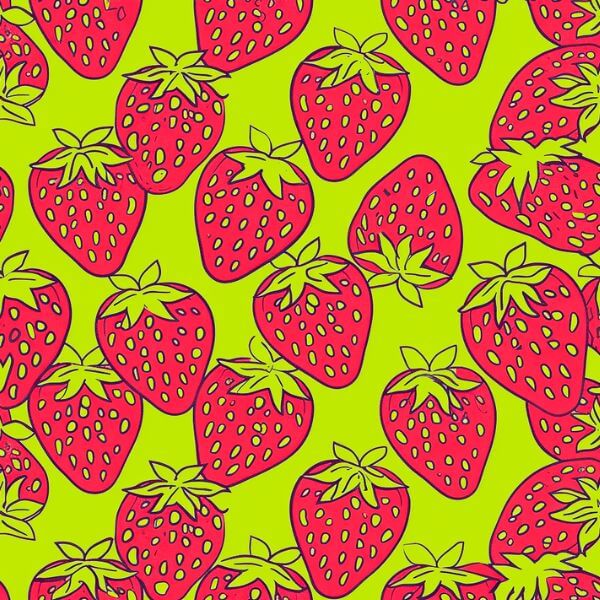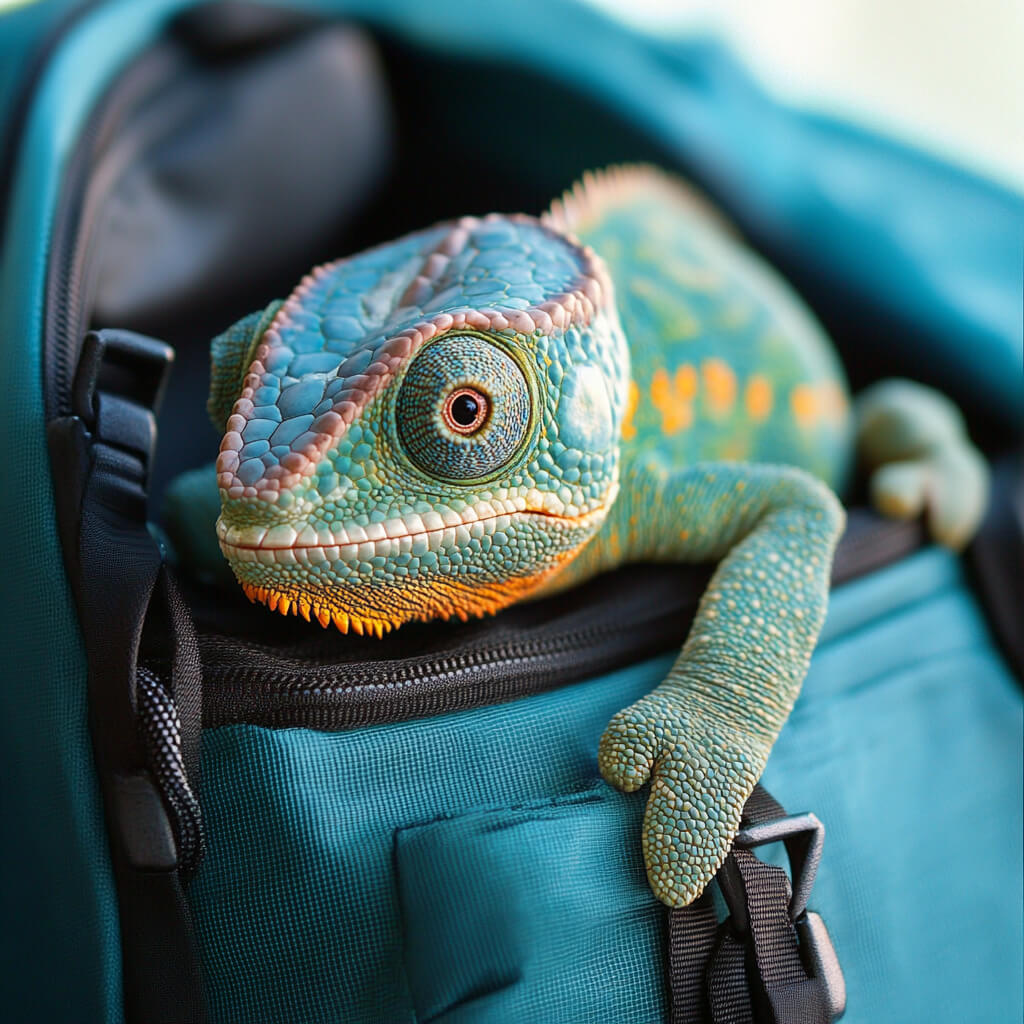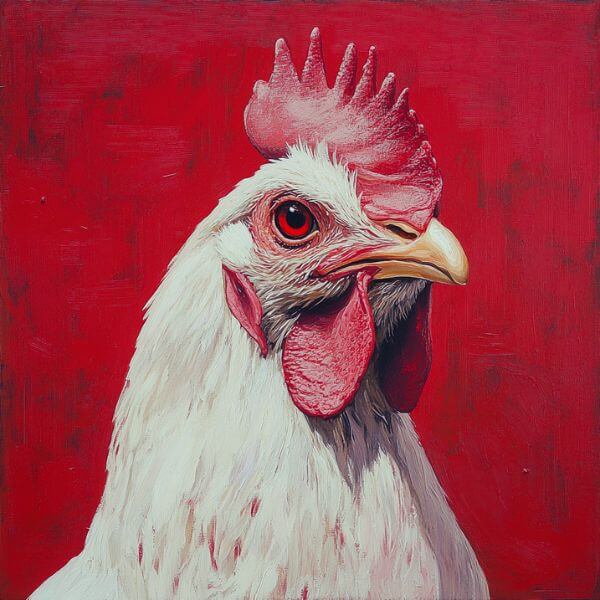Yes, chameleons can eat strawberries, but it’s not as simple as it seems.
In the wild, chameleons are primarily insectivores, meaning their natural diet consists mainly of insects.
However, some chameleon species have been observed nibbling on fruits and vegetation occasionally.
While strawberries aren’t a natural part of their diet, they can be offered as an occasional treat in captivity.
It’s important to understand that fruits, including strawberries, should never be a staple in a chameleon’s diet.
Chameleon Diet Basics
Before we delve deeper into the strawberry question, let’s look at what constitutes a balanced chameleon diet:
| Food Type | Percentage in Diet | Examples |
| Insects | 80-90% | Crickets, roaches, mealworms |
| Vegetation | 10-20% | Leafy greens, occasional fruits |
As you can see, insects make up the bulk of a chameleon’s diet. Fruits like strawberries fall into the small percentage of vegetation that can be offered.
Strawberries and Chameleons
Strawberries can provide some benefits to chameleons when offered in moderation:
- Hydration: Strawberries have high water content.
- Vitamins: They contain vitamin C and other antioxidants.
- Variety: They add diversity to the diet, which can be mentally stimulating.
However, it’s crucial to understand the potential risks:
- High sugar content
- Possible pesticide contamination
- Digestive issues if overfed
Feeding Strawberries to Chameleons
If you decide to offer strawberries to your chameleon, here’s how to do it safely:
- Wash thoroughly to remove any pesticides.
- Cut into small, manageable pieces to prevent choking.
- Offer no more than once or twice a month.
- Remove any uneaten pieces after a few hours to prevent spoilage.
Remember, moderation is key. Strawberries should be an occasional treat, not a regular part of the diet.
Precautions and Considerations
When feeding strawberries (or any fruit) to your chameleon, keep these points in mind:
- Always buy organic strawberries if possible to minimize pesticide risks.
- The high sugar content can lead to obesity and dental issues if overfed.
- Some chameleons may have individual sensitivities or allergies.
Alternative Fruits for Chameleons
If you’re looking to add variety to your chameleon’s diet, consider these safe fruit options:
| Fruit | Benefits | Feeding Frequency |
| Papaya | High in calcium | Once a month |
| Mango | Rich in vitamins | Once a month |
| Figs | Good source of fiber | Once a month |
| Apples (seedless) | Contains antioxidants | Once a month |
Remember, these should all be given in moderation, just like strawberries.
Expert Opinions
Veterinarians and herpetologists generally agree that while fruits aren’t necessary for chameleons, they can be offered as occasional treats. Dr. Susan Donoghue, a reptile nutrition expert, states:
“Fruits should make up no more than 5% of a chameleon’s diet. They’re not essential but can provide enrichment when offered sparingly.”
Chameleon Species and Fruit Consumption
Different chameleon species may have varying tolerances for fruit in their diet:
| Species | Fruit Tolerance |
| Veiled Chameleon | Moderate |
| Panther Chameleon | Low |
| Jackson’s Chameleon | Low |
Always research your specific chameleon species’ dietary needs.
Conclusion
In conclusion, while chameleons can eat strawberries, they should only be offered as an occasional treat.
The bulk of your chameleon’s diet should consist of insects, with a small portion of vegetation.
Remember, a balanced diet is crucial for your chameleon’s health and longevity.
FAQs
How often can chameleons eat strawberries?
Strawberries should be offered no more than once or twice a month.
Can baby chameleons eat strawberries?
It’s best to avoid giving fruits to baby chameleons. Their diet should focus on insects for proper growth.
What other fruits are safe for chameleons?
In moderation, chameleons can have papaya, mango, figs, and seedless apples.
Are there any fruits chameleons should avoid?
Avoid citrus fruits, as they’re too acidic for chameleons.
Can chameleons get sick from eating too many strawberries?
Yes, overconsumption of strawberries can lead to digestive issues and potential long-term health problems due to their high sugar content.
Remember, while it’s fun to offer your chameleon new treats, their health should always be the top priority.
When in doubt, consult with a reptile veterinarian about your chameleon’s specific dietary needs.







Leave a Reply